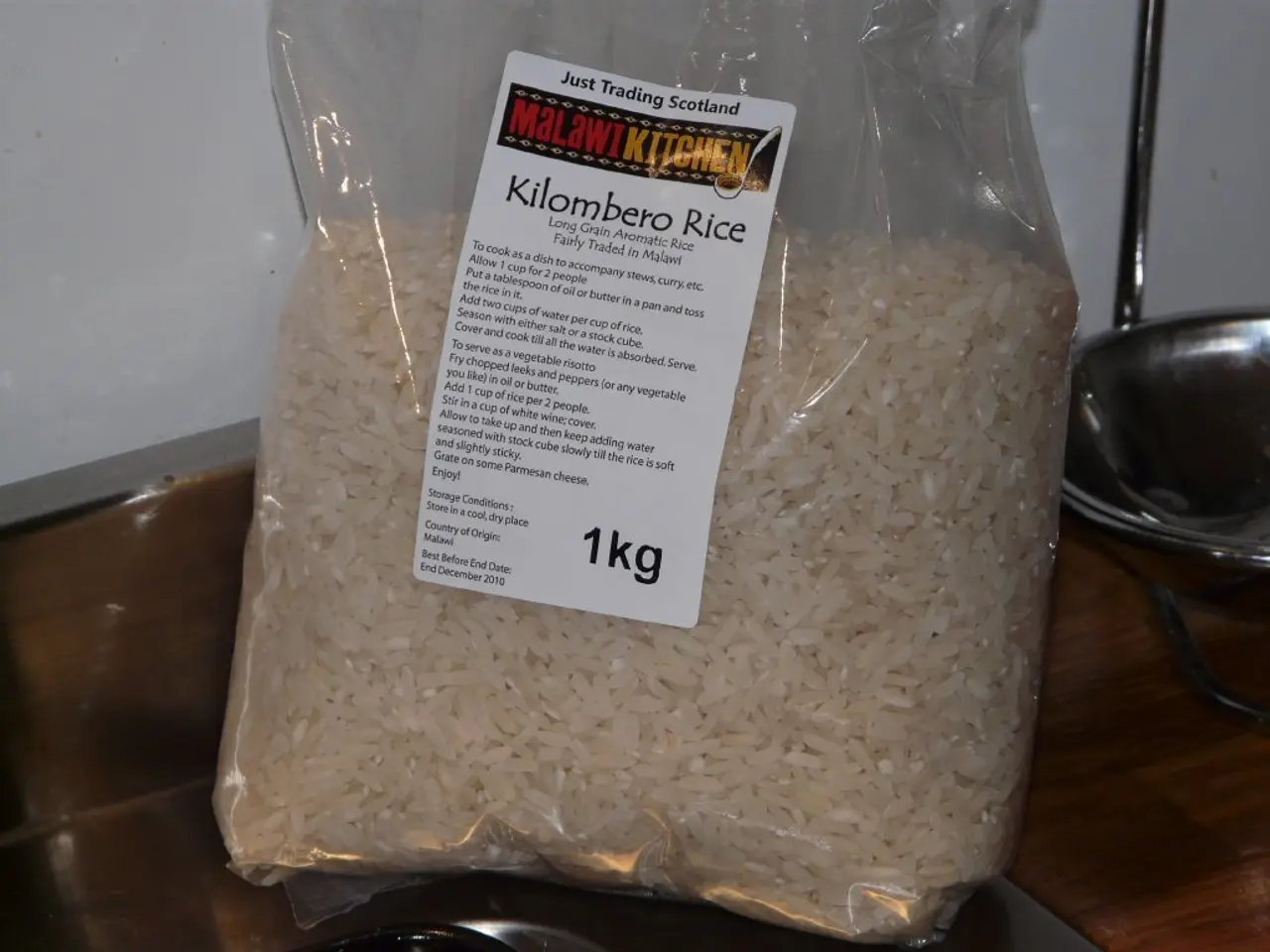Traditional Probiotic Rice Kanji: Boosting Gut Health and Overall Health
Rice Kanji, a fermented rice dish popular in Tamil Nadu, Odisha, and other regions, is gaining attention for its health benefits and versatile preparation methods. This nutritious and adaptable dish can be a valuable addition to modern diets, offering nourishment and balance in navigating contemporary health challenges.
## Health Benefits of Rice Kanji
Rice Kanji is fermented, which means it contains beneficial probiotics that can improve gut health by promoting beneficial bacteria in the digestive system. The probiotics in fermented rice kanji can also support better skin and hair health by improving overall bodily functions.
The fermentation process increases the bioavailability of nutrients, which can help boost the immune system. Rice Kanji is rich in water content, making it an excellent hydrating agent, and it also offers a range of nutrients, including B vitamins, iron, and magnesium. On days focused on cleansing, Rice Kanji offers nourishment without burdening the digestive system.
## Preparation Methods of Rice Kanji
### Simple Rice Kanji
The traditional method of preparing Rice Kanji involves soaking cooked rice in water overnight, allowing it to ferment. The fermented liquid is then strained and consumed as a probiotic-rich drink.
### Colored Variants
Variants like Beetroot Kanji are also popular, which involve adding beetroot during fermentation to give it a vibrant color and additional nutrition.
### Black Rice Kanji (Karuppu Kavuni Kanji)
This version uses black rice, known for its high antioxidant content. It is often prepared as a porridge (kanji) and can be cooked in a pressure cooker or an open pot.
### Spiced Variants
Some recipes may include spices like jeera, pepper, garlic, and ginger to enhance the flavor and aroma of the kanji.
To prepare Rice Kanji, cooked rice is placed in a clean container with water, covered, and left to ferment at room temperature overnight. The fermented mixture can be seasoned and garnished before serving.
Rice Kanji replenishes lost electrolytes, making it a natural remedy for heat-induced fatigue. Consumed primarily as a breakfast item, Rice Kanji is celebrated for its cooling properties, making it popular during hot summer months.
In Sri Lanka, a similar dish called "Diyabath" is a cold soup made by mixing fermented rice with coconut milk, onions, and chilies. For optimal fermentation, it's important to use clean utensils and adjust soaking time based on ambient temperature.
The antioxidants present in fermented rice can help combat oxidative stress, promoting healthier skin. Rice Kanji can be a morning boost to start digestion and hydration for breakfast. In Kerala, Rice Kanji is often served with green gram curry or coconut chutney.
In Odisha, a similar dish called "Pakhala" is seasoned with mustard seeds and curry leaves. Traditional rice varieties like parboiled or red rice are often preferred for their texture and flavor in Rice Kanji preparation.
Rice Kanji, a time-tested remedy, demonstrates the wisdom embedded in its traditional culinary practices. It can be a valuable addition to weight management diets, as it is low in calories yet filling. In conclusion, Rice Kanji offers a unique blend of taste, tradition, and health benefits that make it a worthwhile culinary exploration for anyone seeking nourishment and balance in their diet.
- The probiotics in fermented Rice Kanji can support not only gut health but also better skin and hair health by improving overall bodily functions.
- The fermentation process increases the bioavailability of nutrients in Rice Kanji, which can help boost the immune system.
- Rice Kanji replenishes lost electrolytes, making it a natural remedy for heat-induced fatigue.
- Rice Kanji can be a morning boost to start digestion and hydration for breakfast, and its antioxidants present can help combat oxidative stress, promoting healthier skin.




